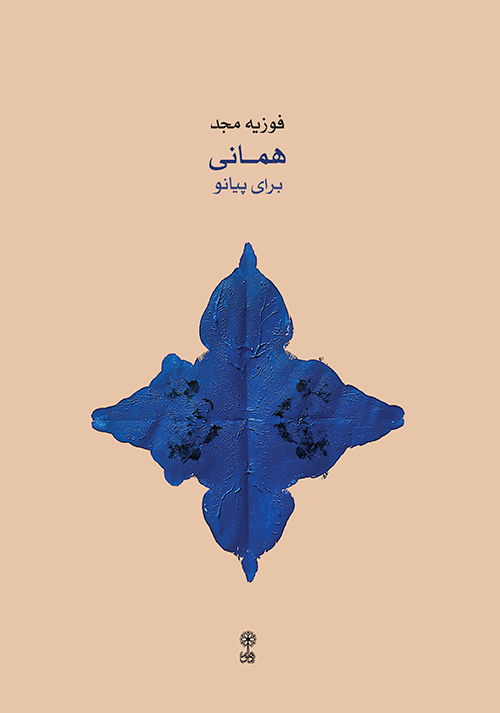Fozié Majd, born in Berlin, attended schools in Tehran and England. While at her boarding school, she was commissioned to write a ballet scene for the piano, to be performed and staged on the occasion of the fortieth anniversary of the school. She was fifteen when it was performed, an event which was written about in the Manchester Guardian (the present Guardian) and the Liverpool post. At the age of seventeen, she performed as a pianist in the CEWC, Council for Education and World Citizenship concert, under the auspices of the United Nations, in the Central Hall, Westminster, London. Graduated as Bachelor of Music from Edinburgh University, her professors included Professor Hans Redlich, Dr. Hans Gal and Professor S.T.M. Newman, and on a French government grant, she continued composition with Nadia Boulanger in Paris, and two years later, on another grant from the Shiraz-Persepolis Festival of Arts, attended courses on ethnomusicology in the Sorbonne, under professor Tran Van Khé. She has taught at the Tehran Conservatoire before the revolution, and between 1972 to 1978 she undertook a massive research project, recording the music of some of the provinces of Iran, under the auspices of the then NIRTV. She has composed the music of the two films of Fereydun Rahnamâ and the play A knight came out in red, directed by Arbi Ovanessian, performed in Persepolis (1976). Her compositions, Shabkuk (Tuned to the night) 1973, and Hell is but the sparkle of our futile suffering, 1976, both commissioned by the NIRTV Chamber Orchestra, were performed in the prestigious international Shiraz-Persepolis Festival of Arts. Delbar Hakimova, the distinguished Tajik pianist, devoted two evenings to Majd’s piano music, in Rudaki Hall, Tehran, January 2001. Her piano music was performed in New York, on the occasion of the International Women’s Day, 2007, the String Quartet Dreamland had its premiere also in New York, by the members of the Bârbad Ensemble (2008), and also in St. Petersburg, Russia, Museum of Modern Art, in November 2014. Here and There, for 11 instruments, commissioned by the Hannover Society for New Music, headed by Joachim Heintz, was performed by the Laboratorium Ensemble, in Hannover, Germany, in Sept 2016. Her last work, Faraghi (Of Seperation) for violin and violoncello, commissioned by the Nivak Ensemble, was performed by Golriz Zarbakhsh, violin, and Jabiz Zarbakhsh, violoncello, in Rudaki Hall, Tehran, in May 2017. 3 cds of her compositions, 13 cds of her recordings of the music of the provinces in Iran, 4 books of her piano pieces, Nafir nameh, a dissertation on the Iranian Dastgâhs and other articles have been published by Mahoor Institute of Culture and Arts, Tehran. Hamâni is the fifth collection of piano pieces.

